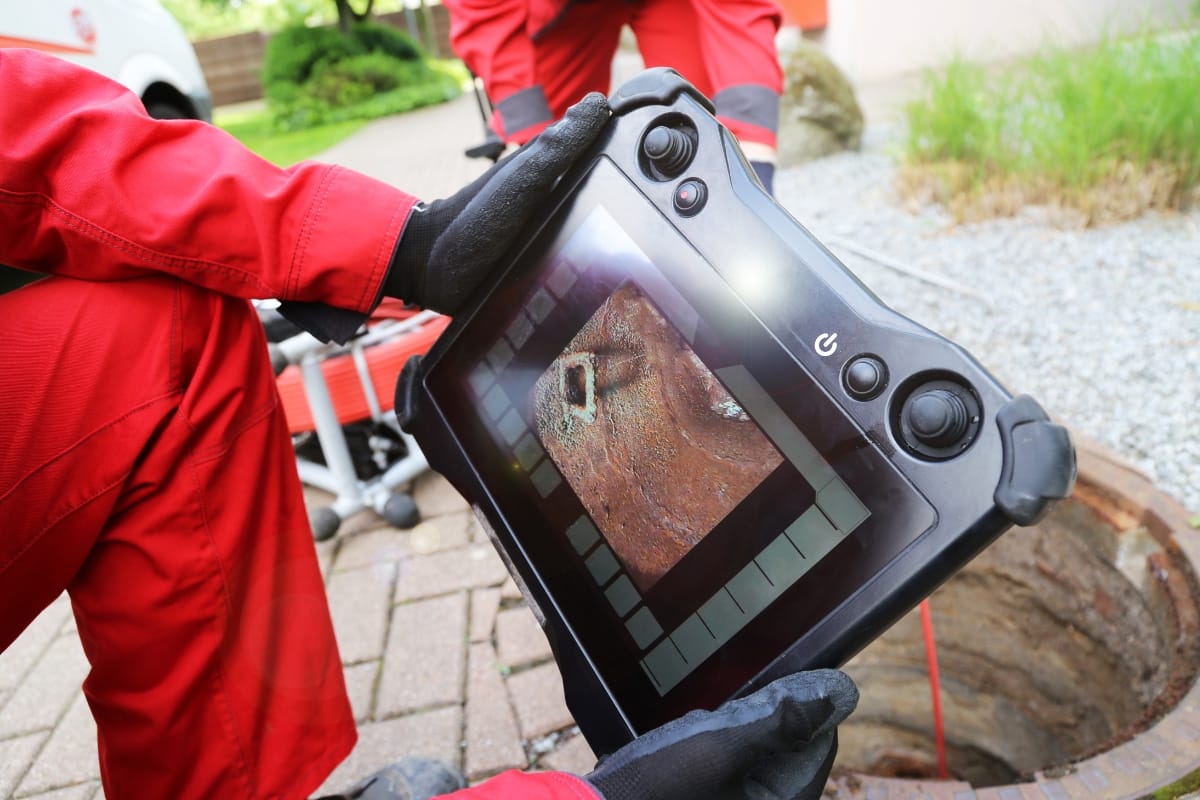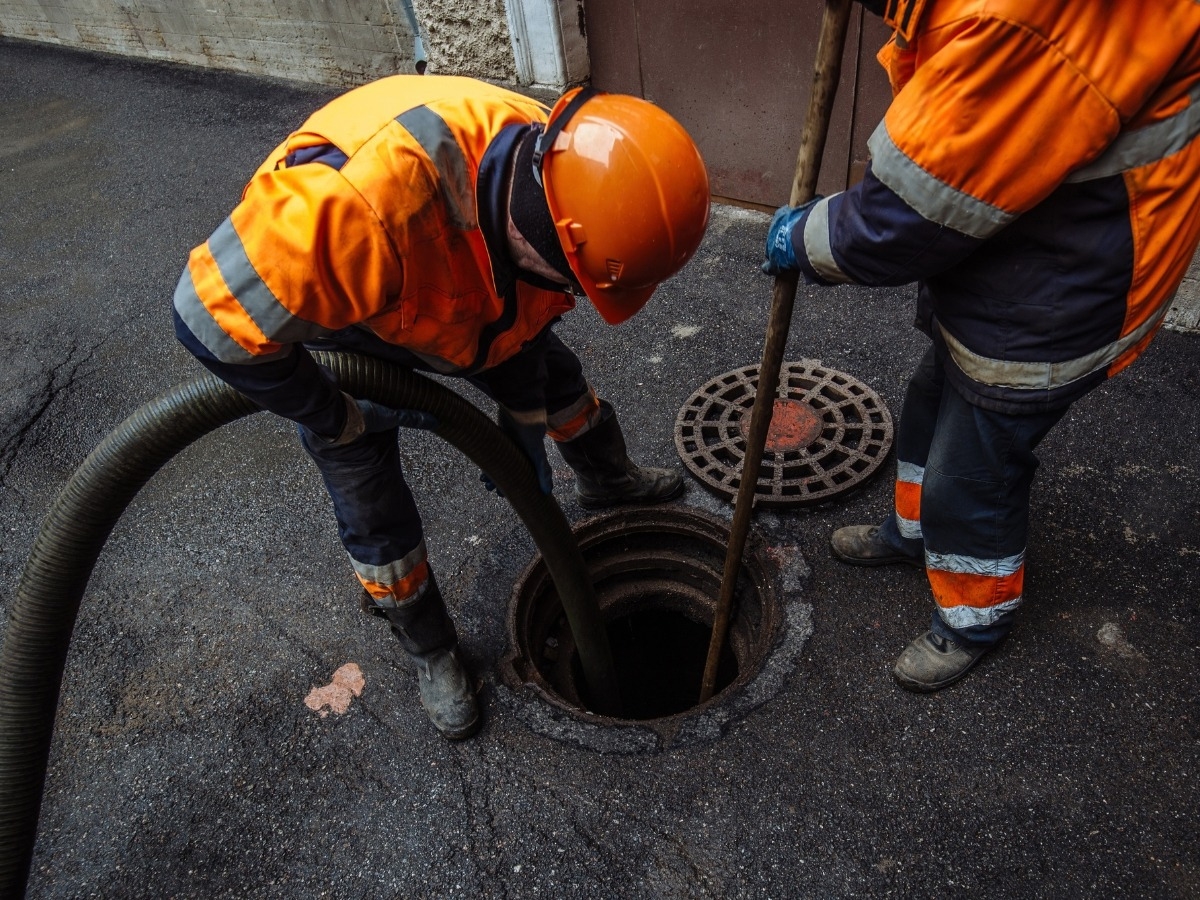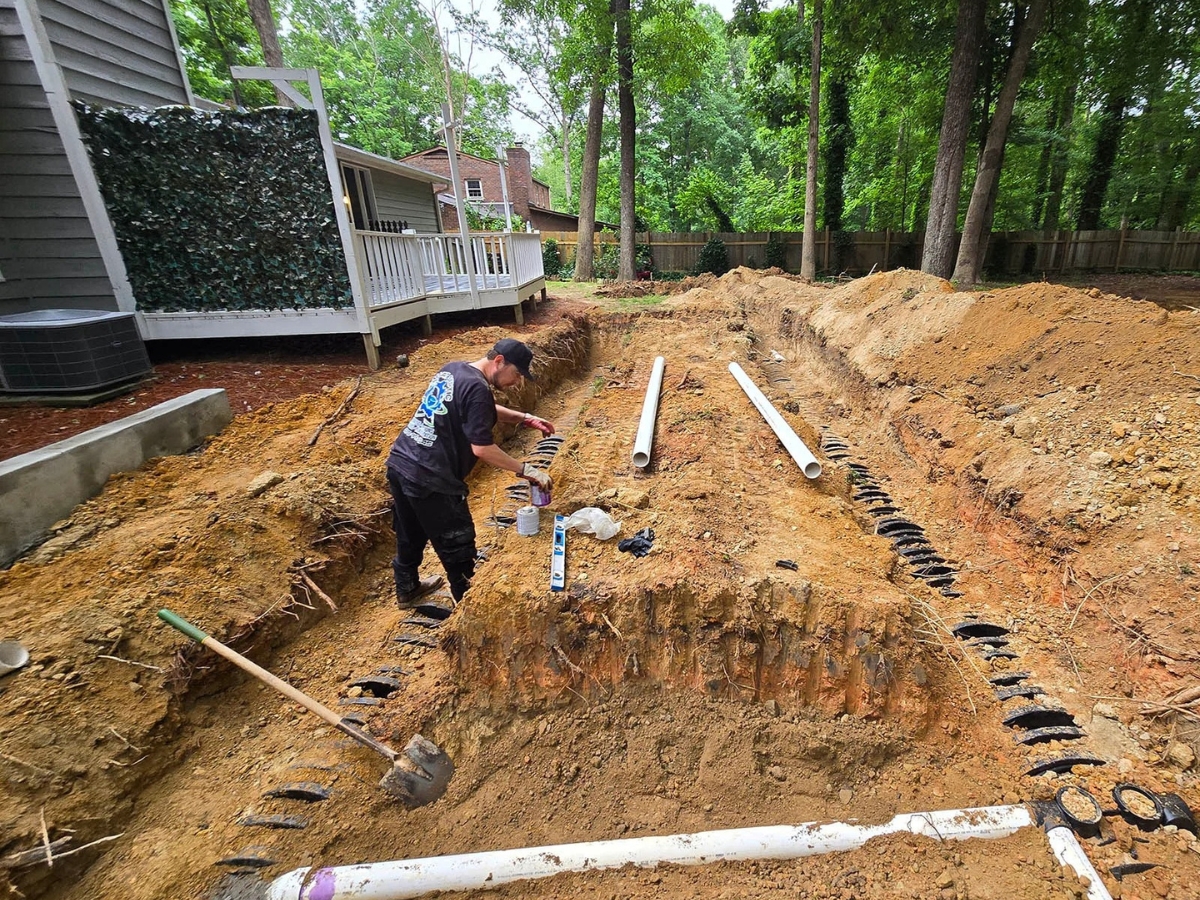Summer in Woodstock brings sunshine, celebrations, and backyard gatherings—but it also puts added strain on your home’s septic system. With increased water usage from guests, outdoor cooking, and pool parties, it’s essential to prepare your system to handle the load. Proper septic system care during the summer months ensures your system runs smoothly, avoids messy backups, and keeps your events stress-free. In this guide, we’ll walk you through smart, seasonal maintenance tips to protect your septic system and enjoy summer festivities without a hitch.
Hosting in Woodstock? Don’t Skip This Septic System Checklist
Schedule a Pre-Summer Septic System Checkup in Woodstock
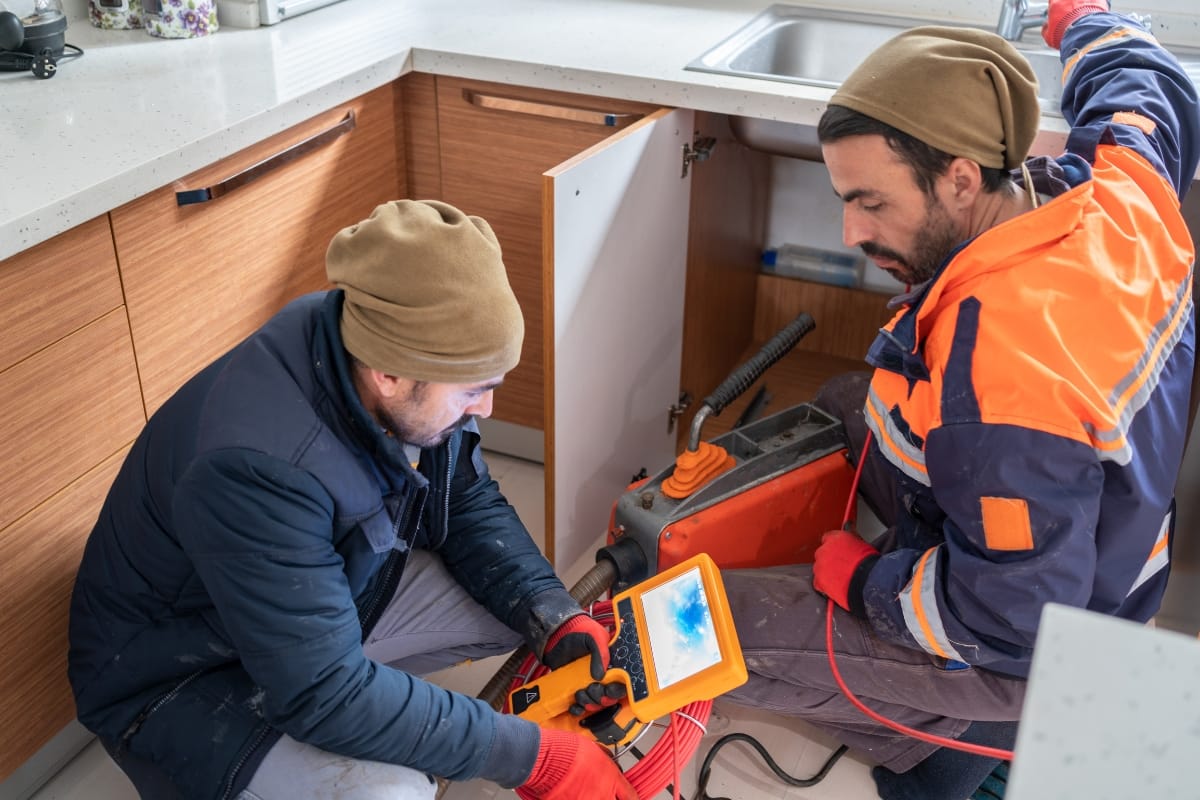
With summer gatherings and increased water usage around the corner, now is the time to schedule a septic system inspection. A thorough checkup helps catch small problems early and ensures everything is running efficiently before the season puts additional stress on your system. Regular inspections and maintenance can extend the lifespan of your septic tank and avoid costly issues down the line.
Why a Pre-Summer Inspection Matters
The shift in activity during the summer—extra showers, laundry, cooking, and backyard events—can significantly increase the strain on your septic system. If the system is already nearing capacity or experiencing minor issues, it may not hold up under heavier use. A pre-summer check allows professionals to evaluate your tank, identify any buildup, and assess whether pumping or small repairs are needed to prevent major issues later.
Choosing a Qualified Septic Service in Woodstock
Not all septic service companies are the same. Look for providers with solid local reputations and a proven history of working with both older and newer systems. Technicians should be familiar with local soil conditions, permitting requirements, and common challenges like clogged leach fields or backed-up drain lines. Experience matters when it comes to spotting subtle issues. The right company will not only know how to inspect a system properly but will also make clear recommendations based on the unique conditions of your property. Check for certifications, read recent reviews, and ask whether the provider follows current state and local environmental regulations.
What Happens During a Septic Inspection
During a professional inspection, technicians will check the tank for sludge levels, cracks, corrosion, or any signs of damage. The baffles, which help prevent solids from flowing into the drain field, will be inspected for wear or blockages. If problems are found with the drain field—such as pooling water or strong odors—it could indicate deeper issues with the system’s ability to process wastewater. Professionals also evaluate water usage habits and can recommend an appropriate pumping schedule. They may test for signs of hydraulic overload, examine the distribution box, and check access risers and lids for proper sealing.
Address Minor Septic Repairs Before Peak Summer Use
If problems like cracked lids, loose pipe connections, or early signs of blockage are discovered, making repairs right away can save money and frustration later. Minor issues are often inexpensive and quick to resolve if caught early. Waiting too long can result in system failures that require extensive repair or even full system replacement. Simple adjustments—like reinforcing a weak tank lid or clearing minor clogs—can reduce the chance of emergency service during summer months when demand on septic systems is typically higher. Preventative maintenance also helps protect the drain field from unnecessary stress, preserving its function and preventing contamination of surrounding soil or groundwater.
Confirm Your Septic Tank Pumping Needs for Woodstock Properties
Pumping removes the solid waste that accumulates at the bottom of your septic tank. If left too long, this buildup can lead to clogged pipes, backups into the home, or leach field failure. For most households, septic tanks should be pumped every three to five years. However, the ideal schedule depends on factors such as household size, water usage, and the size of the tank. A reliable septic provider will keep detailed records and help you determine when your next pumping is due. Staying on top of this task keeps your system running properly and reduces the likelihood of foul odors or emergency calls.
Optimize Your Septic System for Increased Summer Gathering Loads
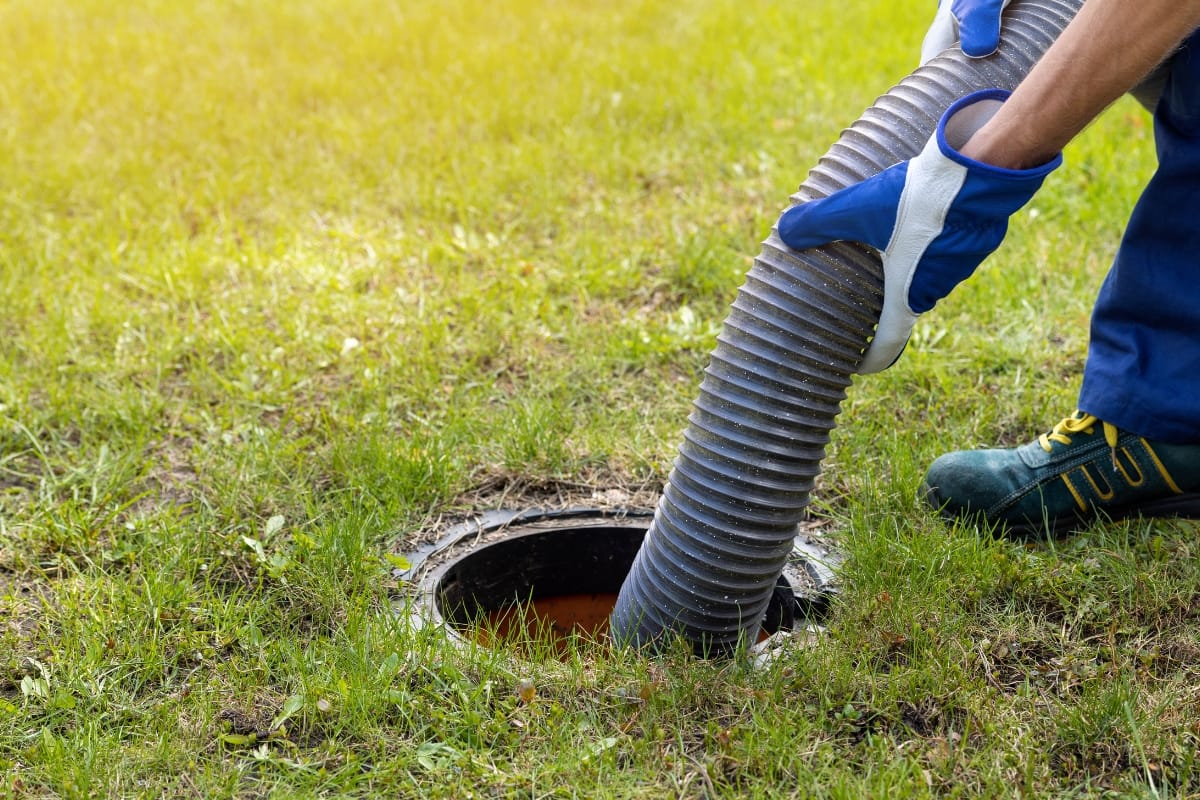
Hosting friends and family during the summer can be a lot of fun, but it also puts extra pressure on your home’s septic system. From more frequent showers to increased use of the dishwasher and washing machine, your system will be handling more water than usual. Preparing ahead of time helps you avoid disruptions and keeps things running smoothly.
Understand Your Septic System’s Capacity Before Hosting Events
Before planning any large gathering, it’s important to know the capacity and condition of your septic system. The size of your tank, the design of your leach field, and your regular water usage patterns all play a role in determining how much your system can handle.
Look at past maintenance records and schedule a routine inspection if you haven’t had one in a while. A professional can check the tank’s current levels, evaluate the flow rate, and assess the condition of key components. If it has been more than a few years since your last pumping, you may want to schedule that service before guests arrive. Removing built-up sludge and scum ensures the system has maximum working volume and helps prevent backups.
Stagger Water Usage During Large Woodstock Gatherings
Large groups can easily overload a septic system if everyone uses water at the same time. Staggering high-use activities can help balance the flow. For example, avoid running the dishwasher, doing laundry, and taking multiple showers all at once. Instead, spread these tasks out over the day. Encourage guests to take quick showers and remind them not to flush anything besides toilet paper. Paper towels, wipes (even those labeled “flushable”), and feminine hygiene products can clog pipes and disrupt system performance.
Implement Water-Saving Fixtures and Practices
Installing low-flow faucets, showerheads, and dual-flush toilets can make a noticeable difference, especially during high-use periods. If your home is not already equipped with these fixtures, upgrading before a major event can reduce your overall water output. Small behavioral changes help too. Only run dishwashers and washing machines when full, turn off taps while brushing teeth or washing hands, and choose cold water for laundry to reduce hot water usage. These simple adjustments reduce the total volume of water entering your system and lessen the load on your septic tank and drain field.
Pay Attention to What Goes Down the Drain
Increased cooking and cleaning during gatherings means more grease, food scraps, and cleaning chemicals can end up in your plumbing. Grease and oil should never be poured down the sink. Even in small amounts, they can solidify and clog your pipes or contribute to buildup in the tank. Use sink strainers to catch food particles, and scrape plates into the trash instead of rinsing them heavily. When it comes to cleaning, choose septic-safe products and avoid harsh chemicals that can kill the helpful bacteria in your tank.
Plan for Parking Away From Your Septic Tank and Drain Field
Another often-overlooked risk during summer events is parking or heavy foot traffic near your septic components. The drain field, in particular, needs undisturbed, uncompacted soil to function properly. Cars and even large groups of people walking over the same area can compress the ground and interfere with the system’s ability to absorb and treat wastewater. Identify where your septic tank and drain field are located and make sure they are clearly marked. Rope off the area, post temporary signs, or mention it to guests when they arrive. Use your driveway or designate another area of the yard for parking.
Stay Ahead of Repairs and Regular Maintenance
If your system has been showing signs of trouble—slow drains, gurgling sounds, unpleasant odors, or soggy patches in the yard—it’s better to address these before a major gathering. Minor issues like small cracks, blocked filters, or loose connections can become much bigger problems under heavy use. Routine maintenance, such as inspecting baffles and risers, checking effluent filters, and pumping when needed, keeps the system working reliably. A little prevention now can save a lot of time and money later.
Maintain Your Woodstock Septic System With Smart Landscaping
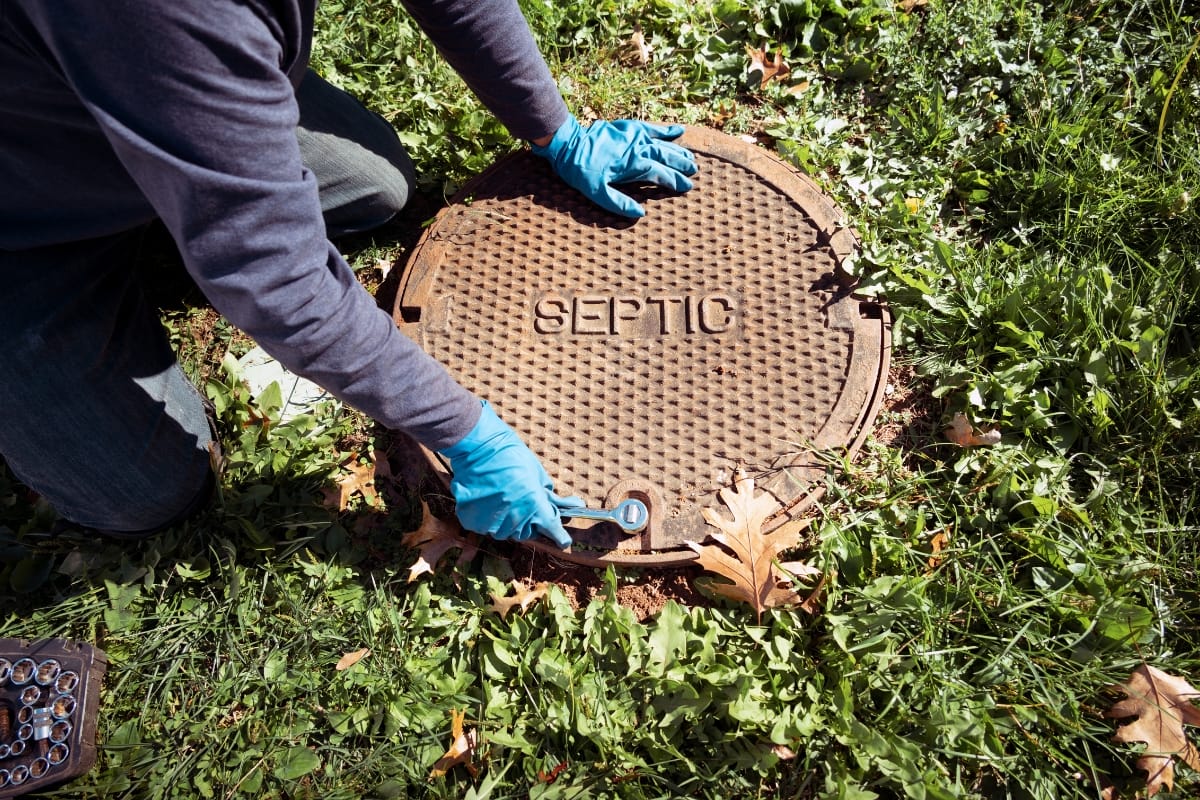
Landscaping decisions can have a big impact on your septic system’s performance. Beyond making your yard look good, smart landscaping helps protect your tank and drain field from damage, promotes proper drainage, and extends the life of your entire system. In areas like Woodstock where heavy rains or clay soil can pose challenges, making smart choices around your septic system is especially important.
Choose Septic-Safe Plants for Your Woodstock Property
When planning your yard, the types of plants you choose matter. Avoid trees and shrubs with aggressive roots that can seek out and damage underground septic lines. Willows, maples, elms, and poplars are common examples that should be kept far from the drain field and tank area. These trees have roots that naturally grow toward moisture, making your septic system a target.
Instead, use plants that have shallow root systems. Native grasses, low-growing groundcovers, and wildflowers are good choices. These plants help with erosion control and absorb excess water without the risk of root intrusion. Plus, they typically require less water and fertilizer, which is better for your system overall. Keeping the drain field area covered with vegetation also helps prevent soil erosion and compaction.
Prevent Root Intrusion Into Your Septic System Components
Roots can be a slow but serious threat to your septic system. Over time, roots can work their way into small cracks or joints in the pipes, causing blockages and even damaging the tank. To avoid these problems, create a buffer zone around your septic system. This means planting trees and large shrubs at least 20 to 30 feet away from the drain field and tank. Some root systems can spread even farther, so if you’re unsure, give them more space.
Another option is to install root barriers—physical barriers placed in the soil that help redirect roots away from sensitive areas. These are especially useful when you want to keep an existing tree that is located a little too close for comfort. Keeping up with regular inspections can also help you spot root issues before they become major repairs.
Manage Surface Water Runoff Around Your Septic Area
Water management plays a key role in septic system health. If water from rain or irrigation accumulates around your tank or drain field, it can saturate the soil. When this happens, wastewater has nowhere to go and can back up into your home or pool on the surface. That’s why it’s important to manage runoff properly.
Grade your yard so that water flows away from the septic system. Swales and shallow ditches can help direct rainwater around key areas, and French drains are effective for diverting water underground. Gutters and downspouts should be positioned to carry roof runoff well away from the septic area. During rainy seasons in Woodstock, this kind of preparation can make a big difference in keeping your system working properly.
Avoid Heavy Structures or Traffic Over the Septic Field
Your drain field needs uncompacted soil to function well. Building a shed, deck, or even a paved patio over it can disrupt how the soil filters and absorbs effluent. In addition, placing heavy equipment or allowing cars to park on the drain field can compact the soil and damage pipes. Even repeated foot traffic in the same area can have a long-term impact.
To protect your system, keep all heavy structures and vehicles off the drain field. If you’re unsure where your tank and drain lines are located, have them mapped out before starting any new landscaping or home improvement projects. Some homeowners mark these areas with small posts or decorative fencing to prevent accidental damage during lawn work or backyard events.
Support Long-Term Septic Health With Routine Maintenance
While landscaping helps protect your septic system, it’s only part of the picture. Routine pumping, inspections, and maintenance are essential for long-term performance. If landscaping changes are planned, time them around inspection appointments so you can address any issues before they are covered up or made harder to access.
In areas like Woodstock, where climate and soil conditions can be unpredictable, combining smart landscaping with regular care is one of the most effective ways to keep your septic system in good condition. The right plants, drainage strategies, and protective measures can reduce repair costs, extend system life, and give you peace of mind during every season.
Educate Your Summer Guests About Proper Septic System Usage in Woodstock
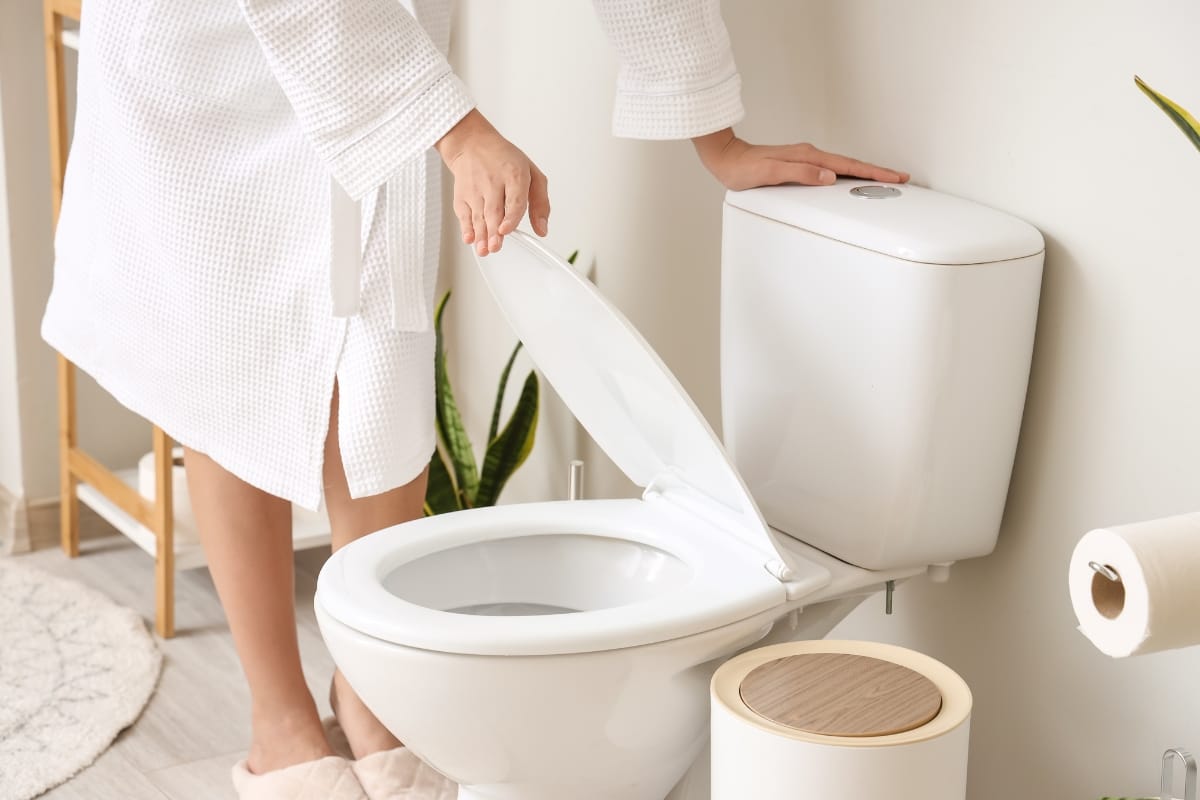
Summer gatherings bring a lot of fun, but they can also put unexpected stress on your home’s septic system—especially if you have houseguests who aren’t familiar with how it works. One of the easiest ways to prevent system issues is by educating visitors before small mistakes turn into expensive problems. With a little planning and clear communication, you can enjoy your time together without worrying about backups or damage to your drain field.
Create Simple Septic System Guidelines for Visitors
Most guests won’t know your home runs on a septic system unless you tell them. That’s why it’s a good idea to create a simple set of guidelines that explain the basics. A printed card in the guest bathroom or kitchen can go a long way. List things like “Only flush toilet paper,” “Don’t pour grease down the drain,” and “Use the garbage disposal sparingly, if at all.”
You don’t need to get technical. Just a short explanation that your system needs special care is usually enough to get guests on board. For example, you might include a quick note like: “Our home uses a septic system, which works best when only septic-safe items go down the drain or toilet.” A little heads-up makes a big difference.
Clearly Label What Not to Flush Into a Septic System
Bathrooms are where most septic mistakes happen. To help guests make the right choices, post a small sign near the toilet or trash can with a list of things that shouldn’t be flushed—things like baby wipes, paper towels, dental floss, feminine hygiene products, and cotton swabs. Even items marked “flushable” can cause serious clogs or damage. This kind of reminder is especially helpful for guests with young children or those unfamiliar with septic systems. Keep a wastebasket nearby and easy to find, so it’s clear where those items should go instead. It’s a small step that can help you avoid big repairs later.
Explain the Importance of Avoiding Chemical Drain Cleaners
Many people rely on chemical drain cleaners without realizing how harmful they are to septic systems. These products can kill off the helpful bacteria that your tank relies on to break down waste, slowing treatment and increasing the risk of buildup. If someone offers to help clean up after a party or meal, let them know you avoid harsh cleaners. Offer alternatives like baking soda and vinegar, or point them to the eco-friendly products you use. This not only protects your system, but also opens up a conversation about taking care of the home you’re welcoming them into.
Politely Remind Guests About Mindful Water Consumption
When guests are staying for more than a day, the increase in water use can put a real strain on your system. Too much water at once—like multiple showers, loads of laundry, or dishwashing back-to-back—can overload the tank and cause it to back up. Politely remind your guests to space out showers, run only full loads in the dishwasher, and avoid using appliances at the same time. You don’t have to be strict—just a quick mention that your home runs on a septic system and benefits from slower water flow can encourage more mindful habits. Many people are happy to adjust once they understand the reason.
Implement Water Conservation Practices for Your Woodstock Septic System

Your septic system works hard to manage the wastewater from your home, especially during busy times like holidays, gatherings, or summer months when water use tends to spike. The more water you use, the more strain you put on the tank and drain field. That’s why water conservation isn’t just about lowering your utility bill—it’s also one of the best ways to protect your septic system and extend its life. Here’s how to manage water use effectively and keep your septic system running smoothly all year long.
Repair Leaky Faucets and Toilets Promptly
It’s easy to overlook small leaks, but even a slow-dripping faucet or a running toilet can waste hundreds of gallons of water over time. All that extra water ends up in your septic system, which can overload the tank and slow down the breakdown of waste. The result? You may face backups, unpleasant odors, or expensive repairs down the line.
Make a habit of checking faucets, toilets, and under-sink plumbing for signs of leaks. A toilet that runs when it hasn’t been flushed is a common culprit, and fixing it is often as simple as replacing a flapper or fill valve. Addressing leaks promptly helps conserve water and reduces unnecessary pressure on your system.
Spread Out Laundry and Dishwashing Tasks
Doing multiple loads of laundry back-to-back or running the dishwasher right after several people have showered can send too much wastewater into your tank at once. When that happens, your septic system doesn’t have time to properly separate solids from liquids, which can lead to clogs or even damage your drain field.
Try to space out water-heavy tasks over the course of the day. For example, run one load of laundry in the morning and another in the evening. Wait until the dishwasher is full before running it, and avoid using both appliances at the same time. These small scheduling adjustments help your system process wastewater more efficiently and reduce the risk of overload.
Choose Shorter Shower Times During Gatherings
When you have guests staying over, it’s a good idea to ask everyone to keep showers brief. Long showers from multiple guests can quickly flood the septic tank with more water than it can process at once. Setting a timer or gently reminding guests to be mindful of water use can go a long way. Consider installing low-flow showerheads or using a shower timer to help with this. Not only will you conserve water, but you’ll also help your septic system keep up with the added demand.
Collect Rainwater for Outdoor Uses to Reduce Septic Burden
Not every drop of water in your home has to come from the tap. Collecting rainwater for outdoor use is a smart way to reduce the amount of water entering your septic system. A simple rain barrel setup can catch runoff from your roof and provide enough water for tasks like rinsing off tools, watering plants, or cleaning outdoor surfaces. This approach keeps more water out of your septic tank and reserves your system’s capacity for indoor wastewater needs. Plus, it’s an environmentally friendly option that helps conserve municipal water supplies or reduce strain on your well.
Watch for Signs Your System Is Overwhelmed
Sometimes, even with the best water conservation efforts, your septic system can still show signs of stress. Slow drains, gurgling pipes, and foul smells are all signals that something might be wrong. Keeping an eye on these signs and scheduling regular inspections can help you catch issues early before they turn into larger problems.
A well-maintained septic system can last decades, but it depends on a balance of water use and responsible upkeep. Ignoring maintenance or overwhelming the system with water can shorten its lifespan and lead to costly repairs.
Monitor Your Septic System’s Performance During Woodstock Summer Festivities
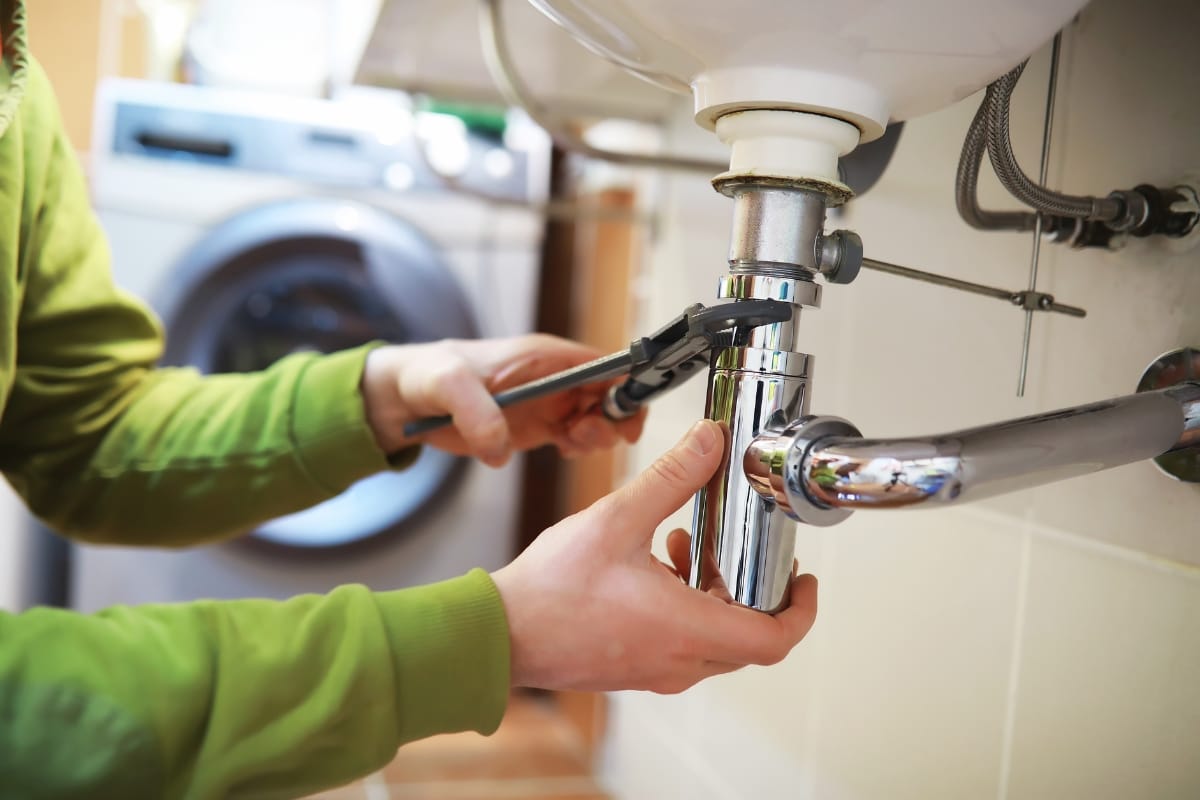
Summer gatherings are a great time to enjoy your yard, invite friends and family over, and make the most of the season. But extra guests often mean extra strain on your home systems—especially your septic system. Keeping an eye on how your septic system is performing during these high-use periods can help you avoid inconvenient and expensive problems. Instead of waiting for something to go wrong, use these tips to spot early warning signs and stay ahead of any issues.
Watch for Slow Drains or Gurgling Sounds
One of the first indicators that your septic system might be struggling is slow drainage. If sinks, tubs, or showers are draining slower than usual, it could be a sign that the system is overloaded or that there’s a blockage forming. Gurgling noises coming from drains, especially after flushing toilets or running appliances like the washing machine, can also point to trouble. These sounds suggest that air is trapped in the pipes due to poor flow, which often happens when the tank is nearing capacity or the drain field is starting to back up. Don’t ignore these signs. They’re often small problems that can be addressed quickly, but if left unattended, they may lead to backups or full system failure.
Inspect the Area Around Your Septic Tank for Wet Spots or Odors
Take a few minutes every few days to walk around the area where your septic tank and drain field are located. Look for unusually wet patches, areas of grass that are suddenly greener than the rest, or any standing water. These can all indicate that wastewater is surfacing, which may mean the tank is full or the drain field is no longer absorbing properly. Unpleasant odors outside, especially near the tank or drain field, are another red flag. A healthy system shouldn’t produce noticeable smells. Foul odors may mean that waste isn’t breaking down properly or that the system is leaking. These kinds of problems usually get worse with time, not better. Catching them early makes it easier and less expensive to fix.
Note Any Changes in Toilet Flushing Efficiency
Toilets that suddenly require multiple flushes or flush more slowly than usual can indicate a problem with the flow from your home to the septic tank. This might be due to solid waste buildup, a developing clog, or excessive water use during gatherings. Keep in mind that your system is designed to handle a normal household load. When that load increases, such as during parties or with houseguests, even minor inefficiencies can lead to bigger issues. Monitoring how your toilets behave is a simple but effective way to stay on top of things.
Keep a Record of Your Septic System Maintenance and Observations
One of the most helpful tools for managing your septic system is a written maintenance record. Keeping track of when the system was last pumped, any inspections or repairs performed, and even observations like unusual odors or slow drainage will give you a better picture of the system’s overall condition. This kind of log can help you plan ahead for regular maintenance and spot patterns that might indicate bigger issues. For example, if you’ve noticed odors or slow drainage right after a large gathering more than once, that’s a sign your tank may need more frequent pumping or that your drain field isn’t keeping up with demand.
Post-Gathering Septic System Care for Woodstock Homeowners
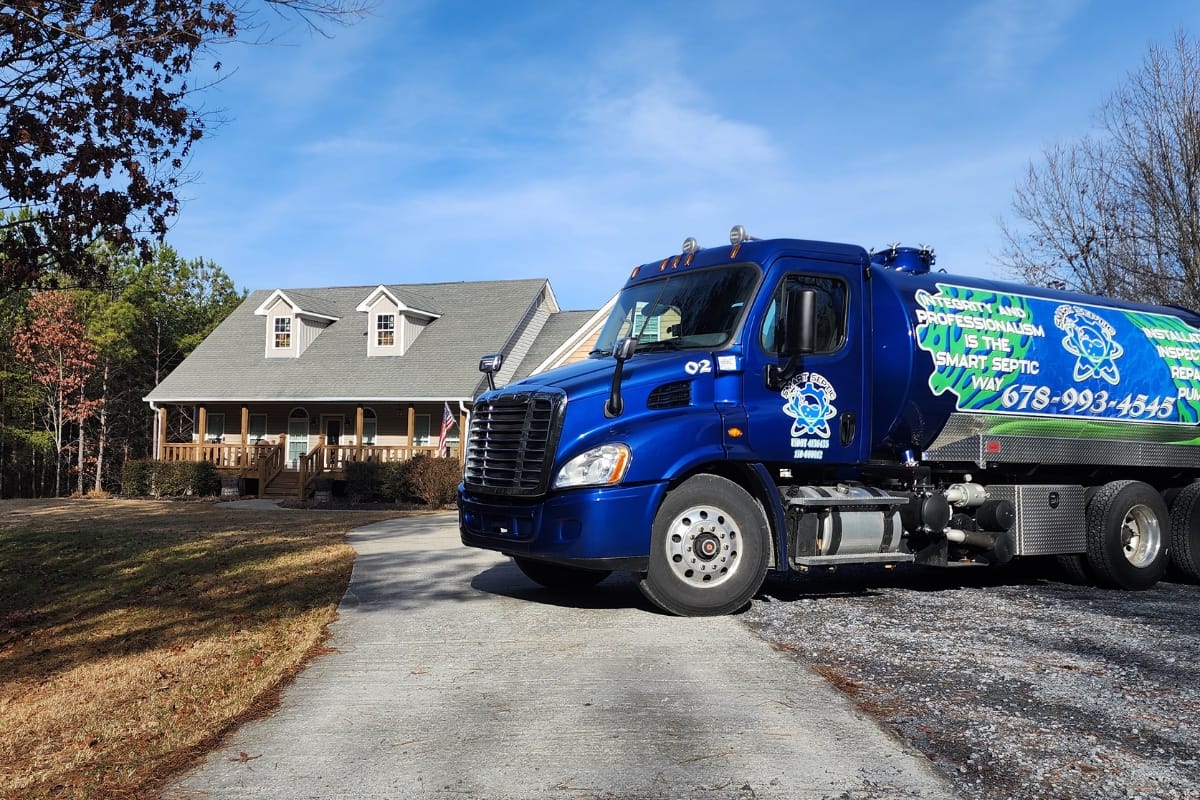
Hosting summer gatherings can take a toll on your home’s septic system. Increased water use, extra laundry, more showers, and frequent toilet flushing all add up quickly. Once the event winds down, it’s important to check that everything is still running smoothly. Post-event septic care is one of the easiest ways to catch early signs of strain and prevent larger issues from developing. If your home is in Woodstock and you rely on a septic system, here’s how to assess, maintain, and plan ahead after hosting a large group.
Assess Your Septic System After Heavy Summer Use
Start by walking around your yard, especially near the septic tank and drain field. Look for any unusual signs like standing water, wet patches in areas that are normally dry, or grass that seems unnaturally green. These can all point to an overworked system struggling to handle the extra volume. You should also pay attention to indoor signals. Toilets that flush slowly, drains that gurgle, or unpleasant odors coming from sinks or tubs are worth noting. These can indicate that the tank is full or that the system is having trouble processing waste efficiently. Even if everything seems fine, it’s still smart to keep track of any minor changes, especially after the system has been under extra stress.
Schedule Pumping if Necessary Following Large Events
If your septic tank was already approaching full capacity before the gathering, the additional waste and water could push it past its limit. In some cases, this may require an unscheduled pumping. Removing sludge and solids helps restore the system’s balance and prevents damage to the drain field. If it has been several years since your last pump-out, or if you’ve had more than one large gathering in a short period, now may be a good time to take care of it. Pumping doesn’t have to be done after every event, but ignoring the signs of buildup can result in more expensive issues later. Keep in mind that your tank’s size, number of users, and water usage habits all affect how often you’ll need service.
Plan for Routine Septic System Maintenance Moving Forward
Even if no major issues come up, a busy season of hosting is a good time to re-evaluate your septic maintenance routine. For many homeowners, events like summer barbecues, family reunions, or out-of-town guests are occasional occurrences that temporarily increase usage. That change should be reflected in how often you inspect and maintain your system. If you notice that symptoms like slow drainage or unusual smells appear consistently after gatherings, you might benefit from more frequent inspections or a shorter pumping interval. Document what you observe after each event. Over time, these notes will help you predict when your system needs attention and allow you to adjust your maintenance plan accordingly.
Address Any Lingering Concerns With a Woodstock Septic Professional
There are times when simple observations aren’t enough. If you continue to experience problems like sluggish drains, recurring odors, or visible wet spots in your yard even after things return to normal, your system may need a closer look.
Lingering issues may suggest a deeper problem, such as a clogged pipe, a saturated drain field, or mechanical failure inside the tank. Waiting too long to deal with these signs can result in serious damage and higher repair costs. A professional can perform a more thorough inspection and provide a clear picture of what’s going on underground. Whether it’s a minor adjustment or a more involved repair, catching the issue early gives you the best chance of avoiding bigger complications.
Frequently Asked Questions
Q: How often should I have my septicsystem inspected in Woodstock? A: It is recommended to inspect your septic system once a year with regular septic tank inspections, preferably before the summer season. Annual inspections help detect blockages and soil saturation early, ensuring timely septic tank repair during periods of heavy use. For further guidance, please contact us.
Q: What are the common signs of septicsystem problems during summer gatherings? A: Watch for slow drains, gurgling sounds, wet spots, unusual odors, or inconsistent toilet flushing. These are early signs of clogging, sludge buildup, or damage to the drain field that require prompt professional attention. if you observe these symptoms, consider septic tank pumping and septic tank maintenance to prevent further complications. for more details, please contact us to schedule an inspection with smart septic pros in georgia.
Q: How can I reduce water usage during a large gathering to protect my septicsystem? A: Reduce water usage by staggering laundry and dishwashing, encouraging shorter showers, and using water-saving fixtures like low-flow showerheads and dual-flush toilets. These measures not only help maintain a consistent flow and reduce system stress but also support proper septic tank maintenance. For added peace of mind, consider scheduling periodic septic tank inspections. If you have concerns or need expert advice, feel free to contact us. You can also visit our blog for useful tips on septic tank repair and septic tank financing.
Q: What basic landscaping practices can help maintain the health of my septicsystem? A: Choose septic-safe plants with shallow roots, prevent heavy vehicles or structures from over the drain field, and manage surface water runoff. These practices, along with regular septic tank maintenance, help protect against root intrusion, soil compaction, and excess water buildup. Homeowners may also benefit from periodic septic tank inspections, and if you have further questions or need assistance, please contact us.
Q: Why is it important to schedule pumping of my septic tank, especially after large gatherings? A: Regular septic tank pumping removes accumulated sludge and scum, ensuring the system processes wastewater efficiently. After heavy usage, septic tank maintenance helps prevent backups, foul odors, and long-term damage. For further guidance, contact us to learn how smart septic pros can assist you.
Q: How can I educate my guests about proper septicsystem usage during events? A: Provide simple written guidelines outlining what not to flush, explain the impact of chemical drain cleaners, and remind guests to use water mindfully. For more detailed information, include tips on septic tank maintenance and septic tank inspections to ensure everyone understands the system’s needs. If further clarification is required, please contact us for guidance, especially if you’re hosting an event in georgia. Clear communication helps prevent misuse that could lead to system repairs.
Q: What steps should I take if I notice signs of septicsystem distress during a gathering? A: If you observe slow drains, unpleasant odors, or visible leakage, reduce water usage immediately and consider scheduling septic tank inspections to assess the situation. For further peace of mind, reach out to smart septic pros or contact us for prompt septic tank maintenance, ensuring that minor issues do not escalate into major problems.
Final Thoughts
Preparing your septic system before summer gatherings in Woodstock helps prevent overflows and backups—ensuring your outdoor celebrations go off without a hitch. Simple steps like inspecting the tank, scheduling a pump-out, and conserving water during peak use can keep your system running smoothly all season. For expert septic services and peace of mind, trust Smart Septic Pros to handle the details. Call us at 678-993-4545 or visit our website to fill out the contact form and book your summer septic tune-up today!
